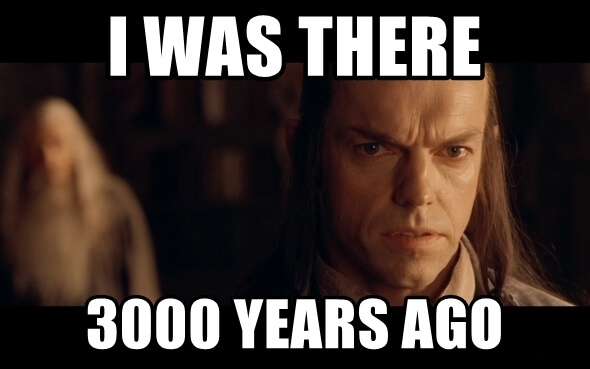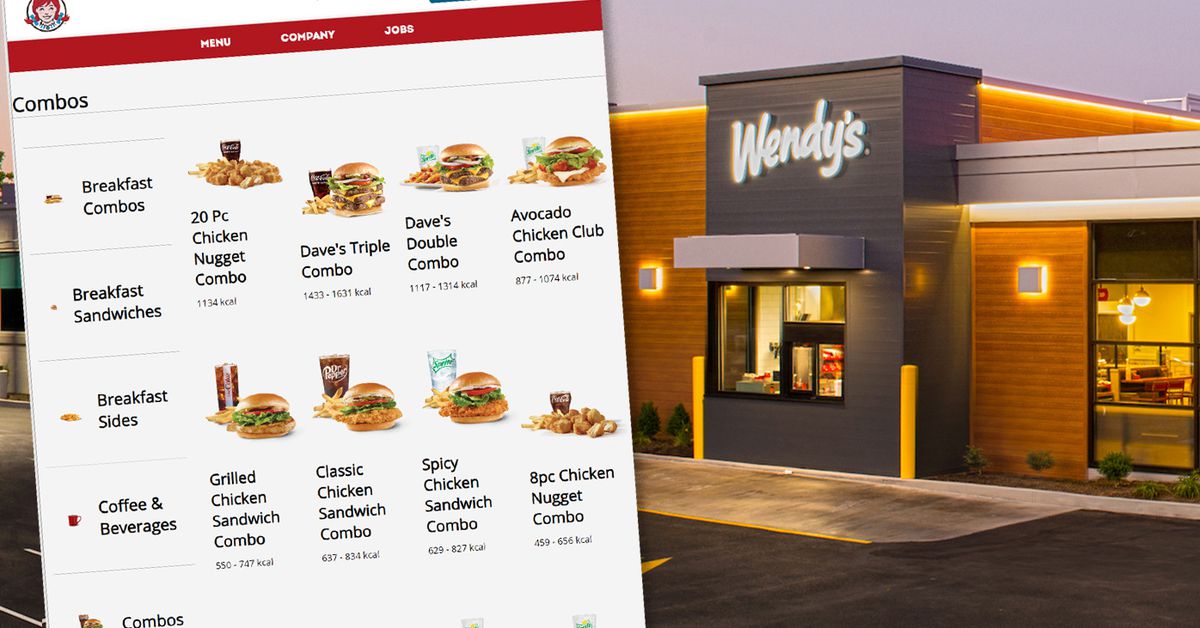I respect the hustle sir/mam/per.
- 179 Posts
- 117 Comments
I agree with the division you propose, but I don’t think we’ve got the traffic here yet.
It was a happy day for me when I could stop posting news articles in /r/AusGuns, but it was when we reached like 1500 subs and there was about a dozen random posts a day occurring.
This whole episode is giving me flashbacks to the ActiveX days.

The tyranny of the default.
“Here mum, I’ve installed Firefox for you, it’s better than Chrome in every way!”
“My knitting circle website doesn’t work, I can’t download patterns, it says I need Chrome”Internet Explorer was effectively abandon-ware for a decade after Microsoft used their OS pseudo-monopoly to crush Netscape.
It took another tech giant abusing THEIR monopoly to relegate IE to the trash heap it should have already been on.
Comforting and Terrifying.
Comferrifying?
Terriforting?
So you won’t use your banks website?
Or your utilities (gas/water/electricity/internet)?
You won’t let your kids use the portal at their school for submitting assignments?
Your government sites for renewing your drivers license or scheduling hard refuse pickup?I can think of lots of reasons that will force me to have chrome installed if this goes ahead.

 4·1 year ago
4·1 year agoThey claim to still have 70 locations.

 4·1 year ago
4·1 year agoSince posting the link, I’m concerned it may not be.

 3·1 year ago
3·1 year agoI could cross post obviously political stuff there.
My intention is to concentrate on putting content here to build up it’s community, before splitting out into niches.

 3·1 year ago
3·1 year agoI can’t see that log, the url appears to be truncated.
This is a weird one.
I assume your movie library in Jellyfin is targetted at the root? /media/Filme ?
I also assume you have your localisation set to french, have you tried temporarily setting it to us english and restarting the docker instance?
I’ve seen weird things happen if the docker instance starts before the mount, so if /data/Filme is a mount, it’s worth manually restarting your instance:
sudo docker restart jellyfinDo you have nested libraries? Like a library pointed at /media and another one pointed at /media/Filme and maybe another at /media/Filme/Comedies ?
https://github.com/jellyfin/jellyfin/issues/8518

 6·1 year ago
6·1 year agoHence why I’m g[l]ad my motorbike doesn’t count.
I guess I left my meaning too open to interpretation.

 3·1 year ago
3·1 year agoI’m pretty sure Firefox doesn’t know how to cast, that’s a chrome feature.
Secondly, a chromecast dongle can either be targetted locally by an app (such as chrome) or over the internet via https.
If you are just hosting on your windows laptop, you probably don’t have a domain with TLS, yes?
From localhost (the laptop itself), if you run chrome, you can probably cast to your dongle whilst on the same LAN.If you have one of the newer Chromecasts with the remote, you can simply install the Jellyfin app on it directly, and address your Jellyfin install by IP and port.
Plex uses some fancy redirection work around these limitations, but it relies on an external service that they provide.

 6·1 year ago
6·1 year agoThere’s some nuance missed here.
The “observation program” mentioned here, was a $1.2 billion program that was announced in the last days of the previous government.
There were no contracts, no tenders, just a vague proposal with a nebulous tax funded dollar figure attached.
The sector as a whole was using that announcement to entice investors in their own startups.
Now that it has been axed, the startups are struggling to gather further financing in what looks like a shaky industry.

 4·1 year ago
4·1 year agoI’m gad that my motorbike doesn’t count.
If I’m doing the maths right, 101 kW @ 259kg ~= 390 kW/tonne

 2·1 year ago
2·1 year agoI’m not a big fan of anyone other than the author having default rights to change anything.
But as the OP, you could copy the bots tldr up there.

 1·1 year ago
1·1 year agoAnd deregulate everything, and reduce funding to schools and hospitals…
Same shit.
Indeed.

 5·1 year ago
5·1 year agoLabor is just a little right.
Our other major party, who are far more to the right call themselves the “Liberals”.
When a new minor party started calling themselves the “Liberal Democrats” (espousing Libertarian values), the Liberals complained to the Australian Electoral Commission (who are in charge of running elections) that the Liberal Democrats were deliberately trying to cause brand confusion, they were promptly told that the Liberal Democrats name was far closer to the actual meaning of the words.
It’s all a bit of a farse.

 1·1 year ago
1·1 year agoWhen you set up your libraries, it’s important that you point the path at the root folder, jellyfin expects a fairly specific naming convention.
Here’s how it is suggested to setup your tv shows for instance: https://jellyfin.org/docs/general/server/media/showsSimplistically, lets say you have 2 shows called “Friends” and “The Witcher”, each with multiple seasons, and your NFS mount is /mnt/media.
You’d create something like: /mnt/media/tv
That’s where you’d point your tv library, at that “tv” directory. It doesn’t actually matter what the directory is called, but the library should be of type “shows”.
Under that /mnt/media/tv directory, you would create a directory for each show, and it would be the name of that show, so you’d get: /mnt/media/tv/Friends/ and /mnt/media/tv/The Witcher/
Then under those directories you would create seasons, to put your episodes in, ie /mnt/media/tv/The Witcher/Season 01/The Witcher - 01x01 - The End’s Beginning.avi
/mnt/media/tv/The Witcher/Season 01/The Witcher - 01x02 - Four Marks.aviIf you pointed the root of your library at /mnt/media/tv/The Witcher/Season 01/, it would probably fail to parse the episodes.
If you create your library as /mnt/media/allmystuff/ and just ram everything in there, it’s unlikely to find anything.
This may all seem a bit complicated, but there’s lots of tools that are useful to automate this process.
I personally recommend https://sonarr.tv/If you are doing all of the above correctly, we’ll have to dig a bit deeper for more details.
As for “unsupported formats”, that most commonly happens when you have enabled hardware acceleration and it’s not working properly.
Whilst there’s several reasons why it may not be working, to rule it out, try temporarily disabling Hardware Acceleration under Dashboard -> Playback -> Transcoding.
The system should fall back to CPU transcoding which may be slow (hardware dependent), but at least it should function.

 92·1 year ago
92·1 year agoTo paraphrase the Joker, this isn’t about justice, it’s about sending a message.
If Julian was Chinese or Russian, acting in the same way on behalf of his country, the US would be doing nothing right now.
But because he’s a citizen of an ally (vassal), he’s going to be hounded forever, anywhere, until the US shows just how tough they are on “traitors”.America: We fight in your wars. We spy on your citizens for you. We bought your bloody submarines. Can we have our problematic fuckwit back now?

 4·1 year ago
4·1 year agoOnce upon a time it would have simply been a Telstra line item, subsidized by city users.




I love the top gear reference, but surely May would have been the obvious choice, Hammond is just asking for a crash!